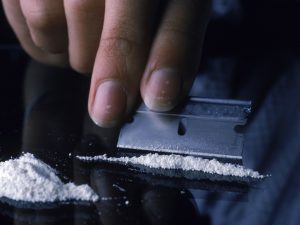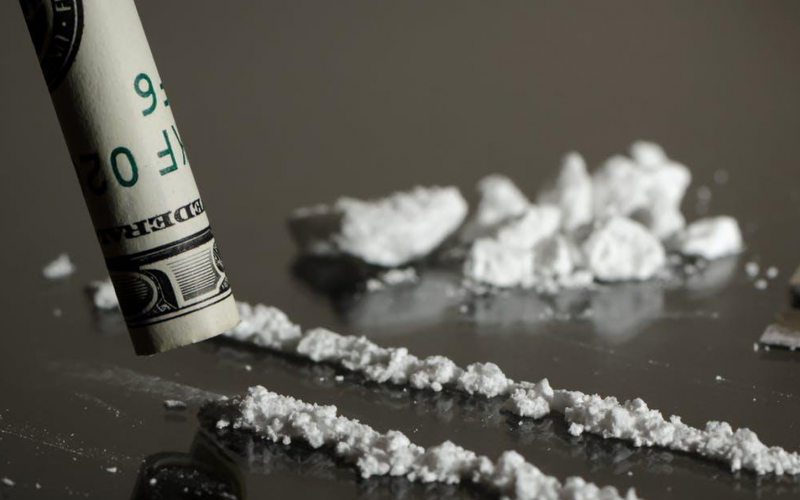Rehab aftercare is essential after you have gone through cocaine addiction treatment. Aftercare involves continued structured management of substance abuse recovery after one has completed formal addiction treatment, whether it is an outpatient, residential, or inpatient program. The main aim of an aftercare program is to equip the recovering individual with the relevant tools and skills to consistently handle the environmental triggers related to their addiction to respond without relapsing effectively.
Relapse prevention is also an essential part of recovery aftercare which involves modifying one’s behavior to learn how to avoid high-risk situations to respond accordingly when encountering them. During relapse prevention groups, recovering users can address their fears about substance abuse and get helpful feedback from peers.
This program is typically recommended for those suffering from cocaine dependence because cocaine relapse is mainly caused by environmental triggers, stressful situations, and cravings. Thus, it is crucial to learn the necessary skills to deal with these triggers. Relapse prevention has also been considered influential in people suffering from cocaine addiction and depression after addiction treatment.
Causes of Cocaine Relapse
 Most people addicted to cocaine typically find it especially difficult to keep relapse at bay. However, relapse is common and even expected during addiction recovery regardless of how long you have undergone cocaine addiction treatment. Unfortunately, most people usually feel a lot of hopelessness, regret, and shame after relapsing. This can be even more destructive than the actual relapse causing many recovering users to give up entirely.
Most people addicted to cocaine typically find it especially difficult to keep relapse at bay. However, relapse is common and even expected during addiction recovery regardless of how long you have undergone cocaine addiction treatment. Unfortunately, most people usually feel a lot of hopelessness, regret, and shame after relapsing. This can be even more destructive than the actual relapse causing many recovering users to give up entirely.
That is why it is good to think of a relapse as an opportunity to learn how to identify your triggers and develop a better-personalized relapse prevention plan going forward. The primary relapse triggers are typically linked to personal problems, boredom, lack of support, peer pressure, and stress. All these triggers can make you stray from your recovery and cocaine addiction treatment, but fortunately, you can eliminate them to help make the process easier.
Low self-confidence is also a common trigger that can make recovering users relapse. It all boils down to thinking they cannot stay sober from cocaine and do not see the use of going on with recovery. Getting the proper support is essential for making it through recovery.
Preventing a Cocaine Relapse
If you want to prevent relapse more effectively, you first have to remember that relapse starts way before you start using the drug. Identifying the warning signs of a cocaine relapse can help you know what to do sooner.
Phases of Relapse
Stage 1: Emotional Relapse
This phase starts when the user begins repressing their feelings or emotions instead of handling them head-on, which in turn causes them to feel stressed and isolate themselves. Usually, this results in problems such as adopting unhealthy coping mechanisms, missing meetings, or failing to adhere to their addiction recovery plan.
Stage 2: Mental Relapse
When someone relapses mentally, they will start getting cocaine cravings and thinking more about their triggers. This phase also includes misremembering or glamorizing one’s relationship with the drug. They might also begin lying or hiding things from loved ones and making arrangements to get their next hit.
Stage 3: Physical Relapse
Once users give in to their cravings and retake the drug, they relapse physically.
Other warning signs of cocaine relapse include:
- Stopping any medicines taken to address co-occurring health conditions.
- Isolating from other people, activities, and things associated with a sober lifestyle
- Going back to behaviors associated with their previous cocaine use
- Interacting with people who were associated with previous cocaine use
- Discontinuing support groups or therapy
- Romanticizing one’s past cocaine use and constantly thinking about the positive aspects or good times associated with the drug.
Getting Rid of Triggers
 The best way to avoid relapse after cocaine addiction treatment is to eliminate triggers and make significant lifestyle changes. These modifications will be beneficial during addiction recovery. Since stress is one of the most common relapse triggers, you can fight it by taking up new hobbies, improving your sleep habits, and exercising.
The best way to avoid relapse after cocaine addiction treatment is to eliminate triggers and make significant lifestyle changes. These modifications will be beneficial during addiction recovery. Since stress is one of the most common relapse triggers, you can fight it by taking up new hobbies, improving your sleep habits, and exercising.
Knowing how to communicate your emotions can also help eliminate triggers, especially during interventions or therapy. That can also help you see that your available support system will be important in getting you through the recovery period.
Another way to deal with triggers is to practice mindfulness through meditation and relaxation techniques. Celebrate all your wins regardless of how minimal they are, and do not be ashamed to make mistakes during the recovery process.
Developing a Relapse Prevention Plan
A relapse prevention plan will be beneficial in helping you stay on the recovery path. It can help you determine your triggers and make necessary lifestyle changes. A good relapse prevention plan for cocaine addiction treatment usually includes the following aspects:
 Recognizing and defining the relapse warning signs
Recognizing and defining the relapse warning signs- Becoming aware of one’s addiction recovery obstacles and the skills and tools acquired to get over them
- Knowing one’s triggers and making plans to avoid them whenever possible while effectively dealing with the unavoidable ones.
- Having a plan to manage drug cravings, including urge surfing, distraction methods, and journaling.
- Expecting setbacks and being ready to deal with them accordingly.
- Making a specific plan that includes following up with relevant aftercare programs such as stress-management techniques, mind-body relaxation techniques, counseling, cognitive behavioral therapy, and 12-step programs
- Implementing proper self-care through exercise, sleep, and adequate nutrition
- Preparing a list of situations, places, and people to avoid for relapse prevention
- Redefining fun by having wholesome hobbies and recreational activities that can help to prevent boredom and the glorification of previous drug use.
- Establishing healthy boundaries with others
- Having people to call for support and assistance as needed
- Having a plan for when relapse occurs.
Fortunately, you will have support throughout this process with recovery coaches and facilities to guide you during this time. When you work with a recovery center and coach, you will learn helpful coping techniques and mechanisms to use when recovery becomes difficult. A qualified coach can teach you how to use these strategies and offer support.
